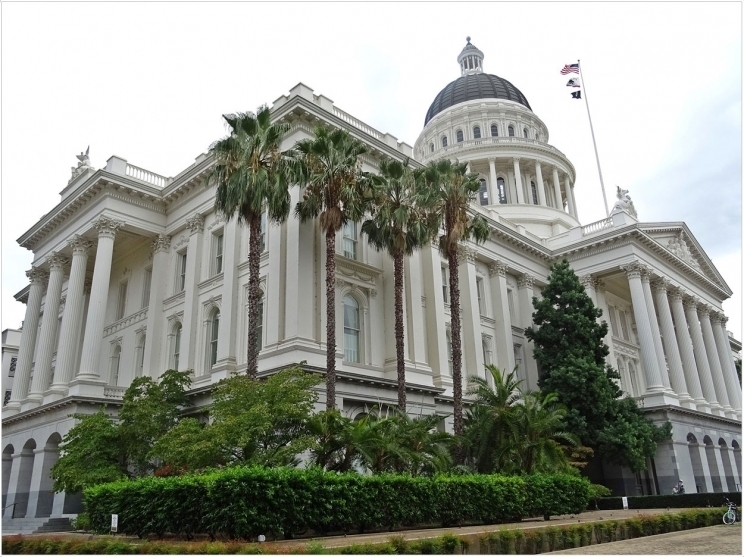
The 2018-2019 California state budget will ramp up funding for Denti-Cal providers and for dental students who promise to participate in the program after they graduate. Denti-Cal is part of the state’s Medi-Cal program, which covers 13.5 million enrollees.
The budget will dedicate $210 million generated by the Proposition 56 Tobacco Tax to increase reimbursement rates for Denti-Cal providers, which is a $70 million increase over the 2017-2018 budget. With federal matching dollars, the program will see $600 million in new funding.
Also, the budget includes a one-time, $30 million allocation toward a program that would repay student loans for dentists who commit to serving Denti-Cal beneficiaries in a county or region that lacks adequate providers.
Last year, the state disbursed Proposition 56 funds as a 40% reimbursement supplement on hundreds of CDT codes, including restorative, endodontic, prosthodontic, surgical, and adjunctive services.
Preventive and periodontal services were not included in last year’s increases. The California Dental Association (CDA) and other advocacy groups, however, successfully campaigned to see these treatment categories receive increases in 2018-2019. The 2018-2019 budget also will:
- Maintain the 40% supplemental payments approved in 2017
- Add incentives for the top 26 utilized CDT codes, including adult preventive services, periodontal services, and some diagnostic services
- Increase reimbursement to support the additional time needed to treat individuals with special healthcare needs
- Increase reimbursement for general anesthesia and IV sedation to create parity with medical providers
The new rate package went into effect on July 1. Payments will be applied to Medi-Cal dental fee-for-service and dental managed care delivery systems. Providers can simply continue normal billing, and supplemental payments automatically will be added to payment checks.
According to the CDA, the new funding will bring reimbursement for some of the most common services up to 70% to 90% of commercial rates, alleviating the issue of low reimbursement rates that have troubled the Denti-Cal program for years.
The CDA encourages dentists who want to become Denti-Cal providers to review the new application, which reduces time and paperwork; participate in the Medi-Cal training program; participate in the Dental Transformation Initiative; and visit the new online provider portal.
Related Articles
Report Urges Expansion of Virtual Dental Homes
Legislation Addresses Oral Healthcare for Special Needs Patients
California Bill Aims to Expand SDF Usage











